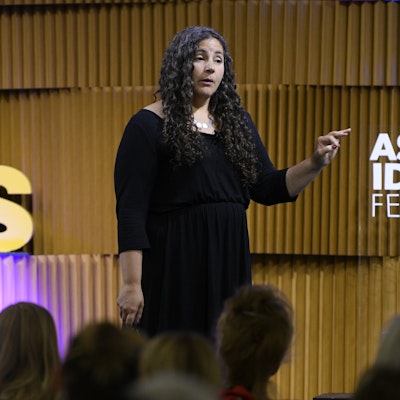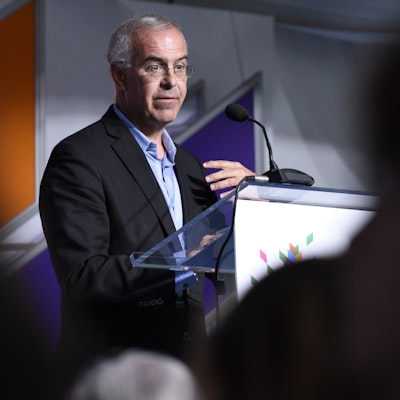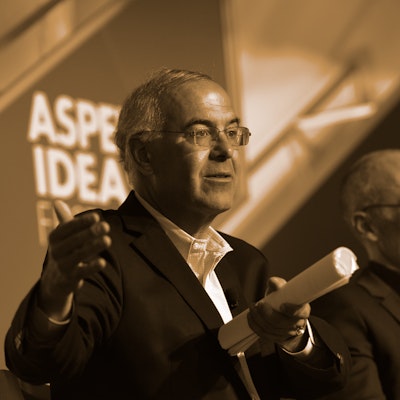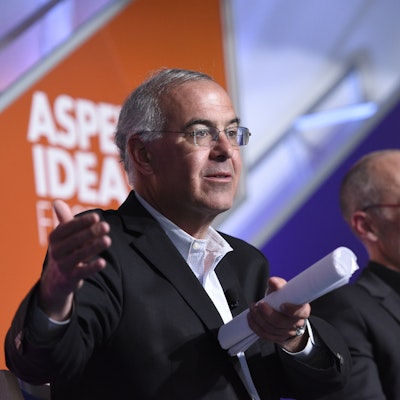Explore
Search results


Arthur Brooks on bringing the most happiness to the most people.


Yale's Laurie Santos gives a crash course on how to feel less stressed and depressed.


New research suggests that much of what people think about happiness is wrong.


Arthur Brooks on bringing the most happiness to the most people.


Looking around and experiencing the suffering and injustice in the world can make it difficult to believe that happiness exists. But the Judeo-Christian tradition teaches that it’s sinful to succumb to despair, and we have a responsibility to ourselves and others to try and find our way through dark times. On the other hand, when you avoid suffering, you avoid meaning, and...


New research suggests that much of what people think about happiness is wrong.


When our bank accounts are full, are we happier? Does a pay raise at work equal increased joy?


People have been thinking about happiness for thousands of years. In fact, ancient thinkers came up with strategies for cultivating pleasures over a lifetime, or creating a lasting capacity to take joy in the world. This long-term flourishing is different from immediate pleasures — it’s a richer notion of happiness. Laurie Santos is a professor of psychology at Yale and an...


Why are certain countries, cities, and towns happier than others?


New York Times columnist David Brooks explores a life well lived. In this episode he examines happiness and commitments.


Why is it that simple pleasures such as bubbles, rainbows, and hot air balloons bring joy to most people? Designer Ingrid Fetell Lee says, “there’s something really powerful in the idea that we all find joy in the same things,” especially items with little significance otherwise. Fetell Lee studied how our physical environment impacts our well-being, both physically and ps...


Designer Ingrid Fetell Lee studies how our physical environment impacts our well-being, both physically and psychologically.


Living a happy life isn’t as simple as having a smile on your face all the time. We often think that our negative emotions should be minimized and repressed, but acknowledging and managing them is actually key to achieving a healthy baseline. Author and Harvard professor Arthur Brooks studies the latest happiness research across behavioral science, philosophy, psychology,...


Why do happily married couples cheat? Esther Perel, author of the new book "The State of Affairs: Rethinking Infidelity," talks with Hanna Rosin, co-host of NPR's Invisibilia.


This episode features “big ideas” from festivals as far back as 2007.


By trying to provide a perfect childhood, parents may be making it harder for their kids to grow up.


The average American spends a third of his or her life working.


Why do happily married couples cheat?


Most of us know where to find quick hits of pleasure and enjoyment. But what about satisfaction that lasts for years, or decades, or a lifetime? It can be tempting to think the secret lies in pursuing more—more money, more accomplishments, more friends, more stuff—but we have overwhelming evidence that more doesn’t work. Maybe the secret is…wanting less? Arthur Brooks teac...


What if you examined your life in the context of all of its stages?







